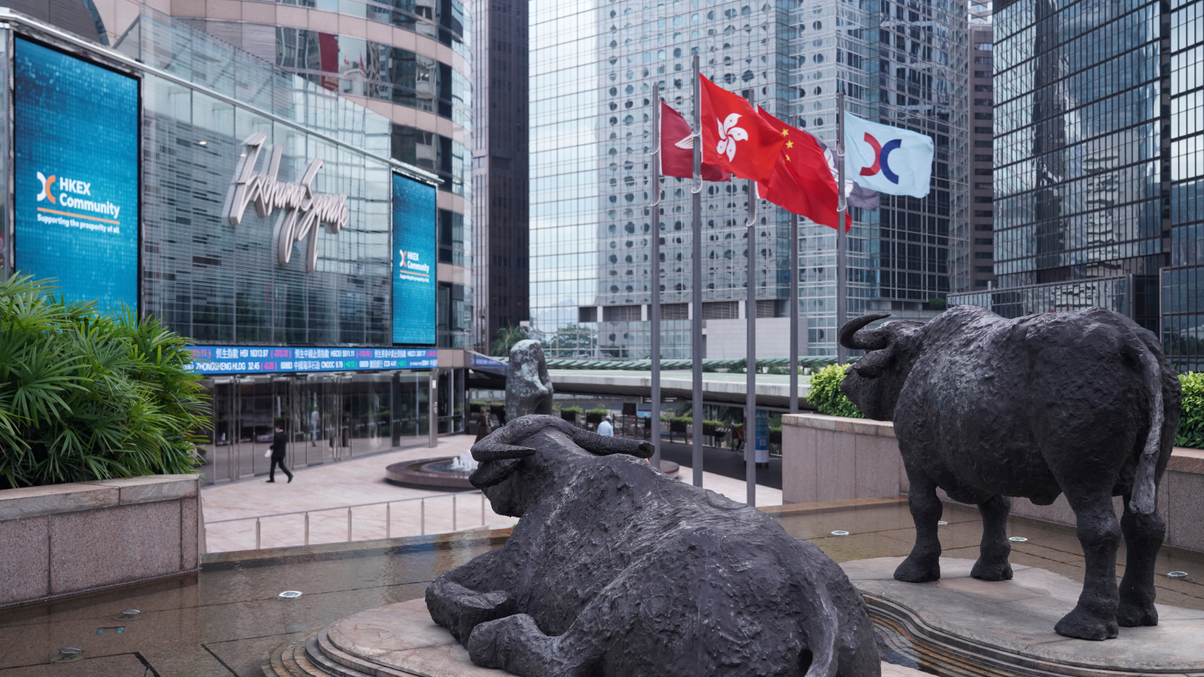Market Views: Are rising HK stocks reaching an inflection point?
Are Hong Kong stocks finally bouncing back or is it just a bear market rally that will soon fade? Fund managers weigh the drivers and risks.

Hong Kong stocks are currently enjoying their most impressive winning streak since late 2022, leaving investors to question whether this marks the beginning of a bull run or if it will merely echo last year's letdown.
Sign in to read on!
Registered users get 2 free articles in 30 days.
Subscribers have full unlimited access to AsianInvestor
Not signed up? New users get 2 free articles per month, plus a 7-day unlimited free trial.
¬ Haymarket Media Limited. All rights reserved.


